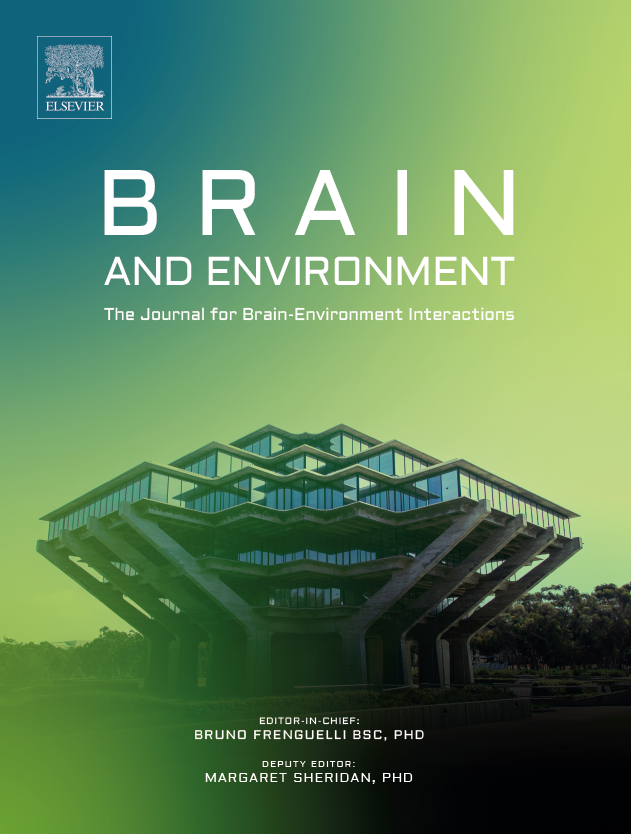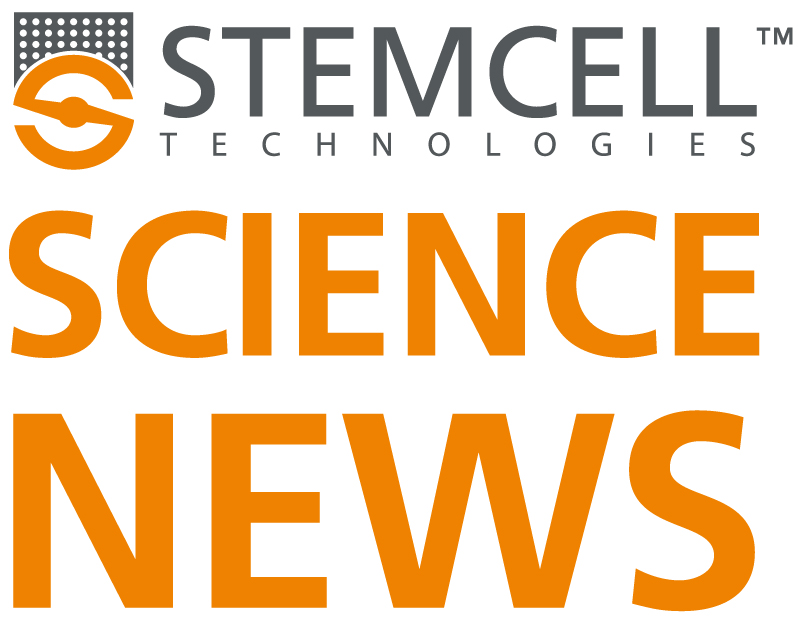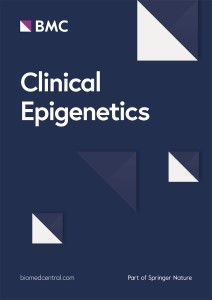- Home
- Past Conferences
- 4th Neuroepigenetics & Neuroepitranscriptomics Conference
4th Neuroepigenetics & Neuroepitranscriptomics Conference
#Neuroepi25
01 Oct - 04 Oct 2025
St. Julian's, Malta
-

Hongjun Song
University of Pennsylvania
-

Li-Huei Tsai
MIT
Early Bird - Expired • Talk Submission - Expired • Poster Submission - Expired • Registration & Payment Deadline - Expired
Report
The 4th edition of Fusion conferences on Neuroepigenetics and Neuroepitranscriptomics in St. Julian's, Malta attracted researchers from across the world, including Australia, Canada, China, Denmark, Luxembourg, France, Netherlands, UK, US, South Korea, Switzerland, Taiwan. During the exciting 4-day meeting from October 1st to 4th, 37 talks covered a wide range of broad topics in the field, from single-cell multiomic technologies, neurogenesis, learning and memory, to various brain disorders, with mostly unpublished data presented. The meeting provided a platform for active interactions among 86 attendees, with so many questions that we ran out of time for almost every single talk. Several sessions for the 36 posters provided additional platform for discussion, so did group breakfasts, lunches, and dinners. Thanks to the support of Fusion and sponsors, the meeting provided several fellowships for early career investigators and six poster awards. This series of Fusion Conference on Neuroepigenetics and Neuroepitrasncriptomics have become the go-to meeting for the field and we are looking forward to the next edition of the meeting in the near future.
Synopsis
Epigenetic mechanisms, including chemical modifications of DNA and histones as well as regulation by non-coding RNAs, are fundamental mechanism regulating gene expression. Various epigenetic mechanisms have pivotal roles in the nervous system and aberrant epigenetic regulation contributes to pathogenesis in many brain disorders. In parallel, epitranscriptomic mechansims cover over 170 different modifications of various RNA. Recent studies have shown diverse role of epitranscriptomic regulation of diverse process in the nervous system, from neurogenesis, learning and memory, to regeneration and cancer. The field is particularly excited by the possibility of clinical translation as shown by the recent profound success in using modified mRNA for COVID 19 vaccine. This meeting will bring together pioneers, experts and junior investigator in studying neuroepigenetics and epitranscriptomics to provide an up-to-date and comprehensive picture of epigenetic and epitranscriptomic mechanisms in neural development, reprogramming and cell identity, plasticity, neuronal function and dysfunction, and discuss future directions of the field. The meeting will offer opportunity and platform for graduate students, postdoctoral fellows, clinical fellows and junior investigator to present their work and interact with leaders in the field and for interdisciplinary collaborations.
Key Sessions
• Epigenetic mechanisms regulating brain development and stem cells
• Transcriptional and translational regulation
• Neuronal specific splicing
• Brain developmental disorders, aging and neurodegeneration
• Single-cell transcriptome, epigenomic, epitranscriptomic, and multi-omics analysis
• Spatial transcriptomic analysis
• 3D epigenome and chromatin topology
• Diverse roles of various RNA modifications in basic neurobiology and clinical translation
• Brain cancer
Confirmed Plenary Speakers
Angel Barco (European Neuroscience Institute)
EXPERIENCE-DRIVEN EPIGENETIC REGULATION OF GENE EXPRESSION IN ADULT HIPPOCAMPAL NEURONS
Anne Brunet (Stanford Medicine)
SPATIAL TRANSCRIPTOMICS IN THE AGING BRAIN
Gonçalo Castelo-Branco (Karolinska Institutet)
SINGLE-CELL AND SPATIAL OMICS OF OLIGODENDROGLIA IN DEVELOPMENT AND IN MULTIPLE SCLEROSIS
Chuan He (University of Chicago)
RNA METHYLATION IN CHROMATIN REGULATION
Peng Jin (Emory University)
m6A EPITRANSCRIPTOME IN HUMAN BRAIN AND ITS ROLE IN NEURODEGENERATION
Guo-li Ming (University of Pennsylvania)
IMPACTS OF GENETIC RISK FACTORS FOR SCHIZOPHRENIA AND GENETIC BACKGROUNDS ON HUMAN iPSC-DERIVED HIPPOCAMPAL NEURONS
Confirmed Invited Speakers
Timothy Bredy (University of Queensland)
UNUSUAL NEUROEPIGENETIC MECHANISMS OF MEMORY
Yanxiang Deng (University of Pennsylvania)
MULTIPLEXED SPATIAL MAPPING OF CHROMATIN FEATURES, TRANSCRIPTOME, AND PROTEINS IN TISSUES
André Fischer (German Center for Neurodegenerative Diseases, DZNE)
EXPANDING THE SPACE FOR DRUG DISCOVERY: THE EPIGENETIC ROLE OF THE NON-CODING RNAome IN NEURODEGENERATIVE DISEASES
Johannes Graeff (EPFL)
EPIGENETIC ENCODING OF MEMORY EXPRESSION
Ankur Jain (MIT)
RNA AGGREGATION IN NEURODEGENERATIVE DISEASE
Daniel Lim (University of California, San Francisco)
REGULATION OF SPATIAL ASPECTS OF 3D GENOME ARCHITECTURE IN HUMAN NEUROGENESIS
Hsiu-Chuan Lin (Centre for Genomic Regulation)
PROFILING AND PROGRAMMING IN VITRO NEURONAL DIVERSITY AT SINGLE-CELL RESOLUTION
Ram Madabhushi (UT Southwestern Medical Center)
DNA TENSION IN NEURONAL TRANSCRIPTION
Kate Meyer (Duke University)
EXPLORING m6A IN THE BRAIN AT SINGLE-CELL RESOLUTION
Alexi Nott (Imperial College London)
VASCULAR AND IMMUNE EPIGENETIC MECHANISMS UNDERLYING DEMENTIA
Jelena Radulovic (Albert Einstein College of Medicine)
MAINTENANCE OF MEMORY REPRESENTATIONS THROUGH NEURON-SPECIFIC IMMUNE PATHWAYS
Ravikiran Raju (MIT)
THE NEUROEPIGENETICS OF SOCIAL ISOLATION
Yin Shen (University of California, San Francisco)
INVESTIGATING 3D EPIGENOME DYNAMICS IN BRAIN DEVELOPMENT AND DISEASES
Xiao Wang (MIT)
TRANSLATING SPATIAL MOLECULAR ATLAS TO BRAIN FUNCTION
Xiaoqun Wang (Institute of Biophysics)
SINGLE-CELL EPIGENOMICS AND SPATIOTEMPORAL TRANSCRIPTOMICS REVEAL HUMAN CEREBELLAR DEVELOPMENT
Anne West (Duke University)
REGULATION OF NEURONAL MATURATION BY THE RAHMAN SYNDROME GENE HISTONE H1-4
Target Audience
Graduate students, postdoctoral fellows, clinical researchers in the academia as well as scientists in the industry.
Educational Need
Neuroepigenetics and neuroepitranscriptomics are emerging new fields that have expanded dramatically in the past few years with numerous new technologies and exciting new discoveries. The purpose of the conference is to provide an update of latest progresses, and discuss future studies in the new fields of neuroepigenetics and neuroepitrancriptomics to encourage collaboration and clinical translation.
Confirmed Speakers
Chairs

Hongjun Song
University of Pennsylvania

Li-Huei Tsai
MIT
Plenary Speakers

Angel Barco
European Neuroscience Institute

Anne Brunet
Stanford Medicine

Gonçalo Castelo-Branco
Karolinska Institutet

Chuan He
University of Chicago

Peng Jin
Emory University

Guo-li Ming
University of Pennsylvania
Invited Speakers

Timothy Bredy
University of Queensland

Yanxiang Deng
University of Pennsylvania
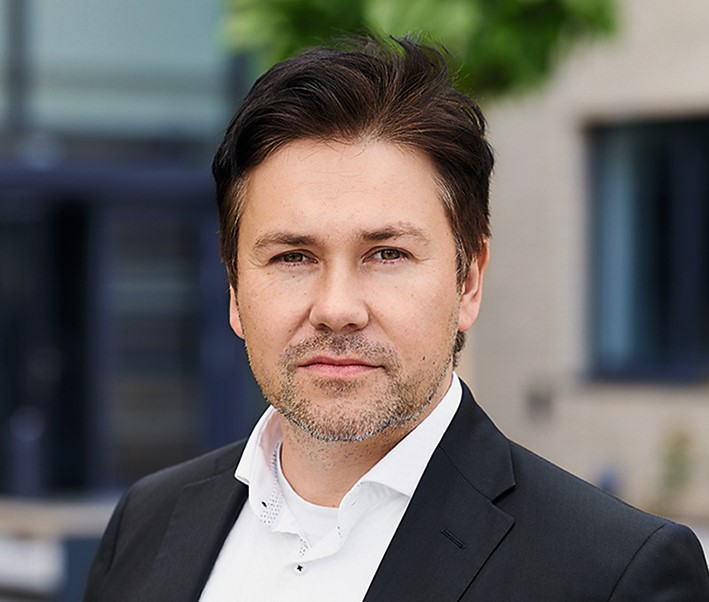
André Fischer
German Center for Neurodegenerative Diseases (DZNE)

Johannes Graeff
EPFL
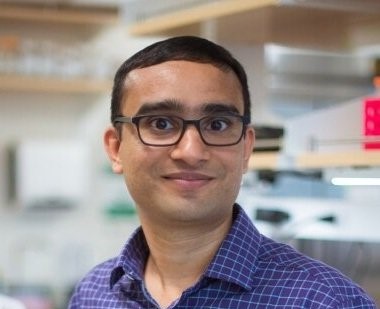
Ankur Jain
MIT

Daniel Lim
University of California, San Francisco

Hsiu-Chuan Lin
Centre for Genomic Regulation

Ram Madabhushi
UT Southwestern Medical Center

Kate Meyer
Duke University
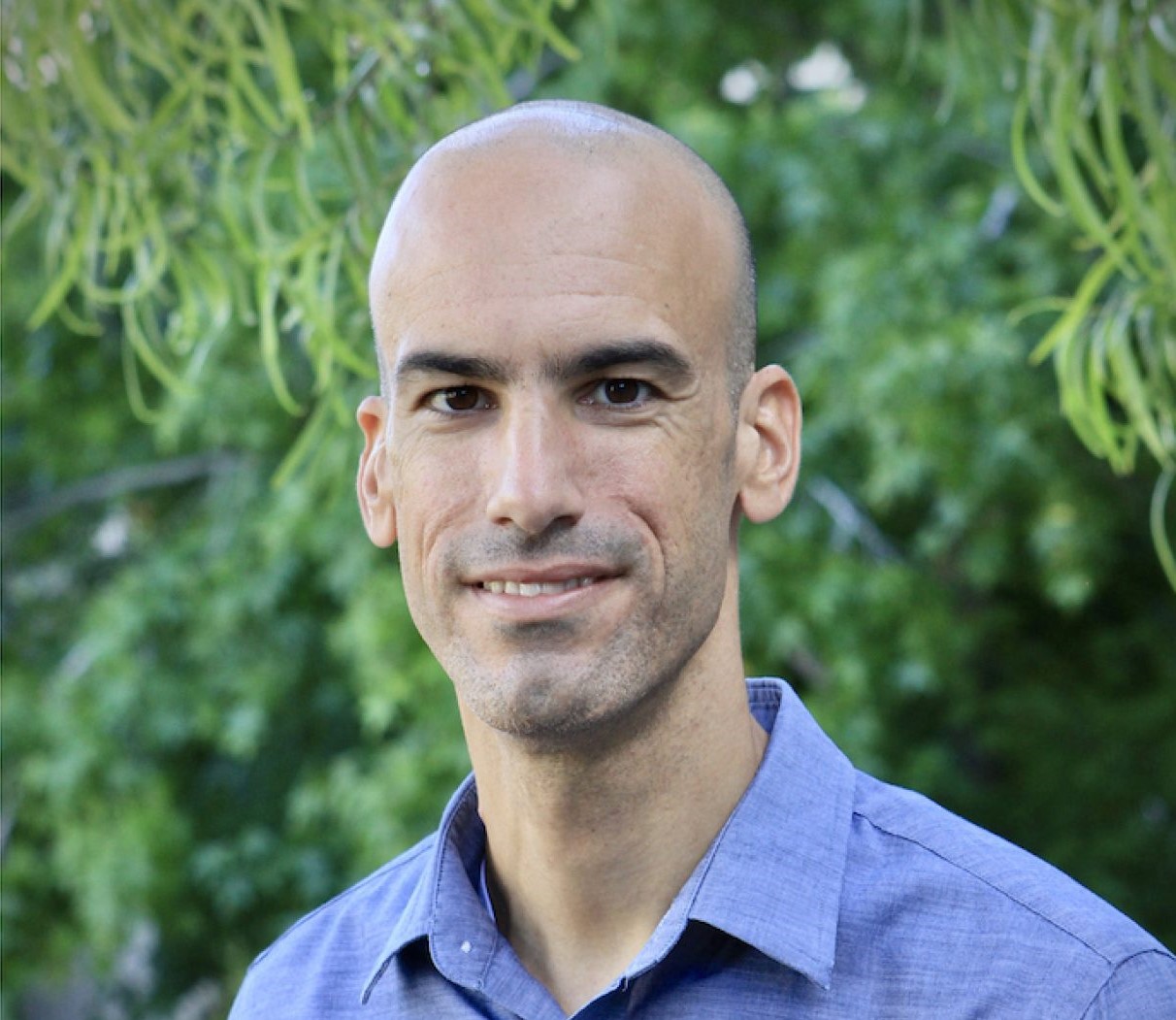
Alexi Nott
Imperial College London
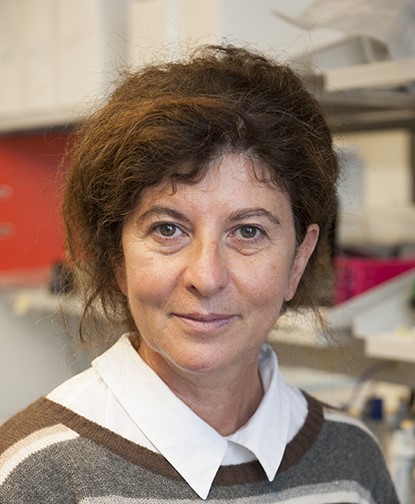
Jelena Radulovic
Albert Einstein College of Medicine

Ravikiran Raju
MIT

Yin Shen
University of California, San Francisco

Xiao Wang
MIT
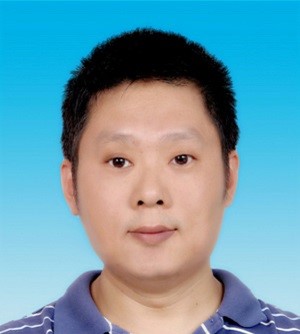
Xiaoqun Wang
Institute of Biophysics

Anne West
Duke University
Programme
Grants
Unfortunately, all current ECR grants have been awarded. However, we hope to release additional grants later following fundraising efforts. If you are interested in future opportunities, feel free to sign up for updates about the conference to be kept informed should further grants be released. Or, you are welcome to send in an application in advance, to be considered in the first instance should additional grants be released.
Supported by
Venue & Location
Hilton Malta
We are excited to be heading back to St. Julian’s as our Mediterranean destination for October 2025!
Located only 15 minutes from the ancient capital city of Valletta, a UNESCO World Heritage Site, Hilton Malta is an oceanfront resort overlooking the stunning Portomaso Marina in St. Julian’s. With modern amenities, scenic views, and a tranquil atmosphere, it offers the perfect balance between professional functionality and easy access to local culture and history.
This is not an all-inclusive property, but our registration packages include a full food and beverage package during the conference period. Breakfast remains at leisure, however, the more intimate hotel setting allows us to host group lunches and dinners, providing an ideal environment for focused discussions, so attendees can continue to network and brainstorm outside of planned sessions.
For those who wish to stay extra nights either side of the conference, rates will be bed and breakfast only, so attendees have the freedom to explore local dining experiences and authentic cuisine.
Hotel facilities include;
• Complimentary Wi-Fi in guest rooms and throughout hotel and conference areas
• 4 Seasonal Outdoor Pools
• Spa with Indoor Swimming Pool
• Fitness Center and Tennis Court
• 3 Restaurants
• 2 Bars
General Information
Venue Rating
★ ★ ★ ★ ★
Currency
Euro (EUR)
Address
Vjal Portomaso St Julian's PTM, 01, Malta
Nearest Airport
Malta International Airport
Location
The Hilton Malta overlooks the stunning Portomaso Marina in St. Julian’s. This beautiful hotel is located only 15 minutes from the ancient capital city of Valletta, a UNESCO World Heritage Site.
Gallery
Conference History
If you are interested in this meeting but not yet ready to register, you can sign up for updates here and our team will keep you updated regarding deadline reminders and grant opportunities relating to this meeting only.
If you're interested in sponsoring this conference please contact us.
Conference Manager

Felicity Harrap


Need some help? Chat to the Fusion team today
As a family run business, our dedication runs deep. We’re committed to each other and, even more so, to every attendee’s experience, delivering a level of care and passion that’s truly unmatched.






